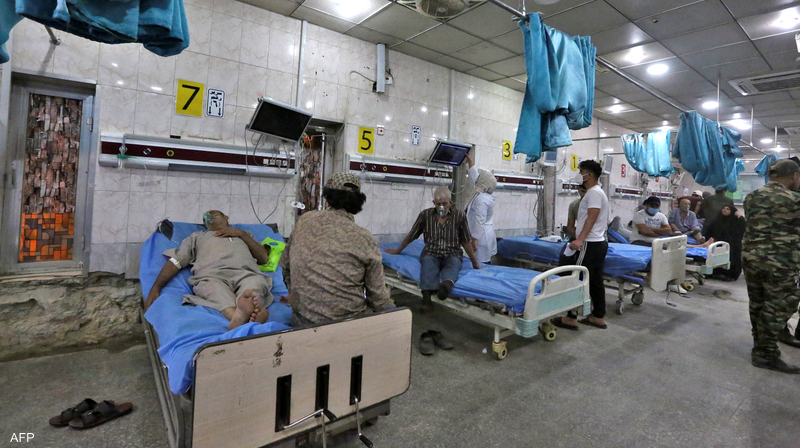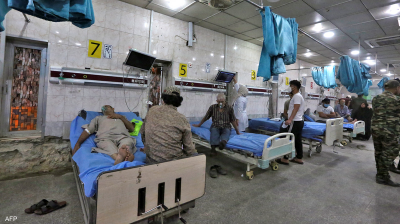The Syrian Ministry of Health has reported 15 cases of cholera in Aleppo Governorate, stating that treatment is being provided to the patients in hospitals. In a statement, the Ministry of Health mentioned that "as part of ongoing efforts by epidemiological teams, a suspected cholera case was detected in Aleppo involving a 9-year-old child suffering from severe diarrhea accompanied by repeated vomiting. A prompt response was initiated, and the child was admitted to the hospital, with a sample sent to the public health laboratories for necessary analysis, which came back positive." The ministry clarified that "the child was discharged after a few days and is in good and stable health following the necessary treatment." They have intensified epidemiological surveillance for any cases in hospitals, traced contacts, designated special isolation rooms for suspected cases, and disinfected facilities used by the patient.
The ministry noted that "in cooperation with relevant authorities, samples from sewage and the water network, especially from the area where the infected individual resides, will be collected, and monitoring of water safety will be tightened, including chlorination and providing preventive treatment to contacts." The Syrian health authorities added in their statement that "during the same period, there was an increase in the number of patients presenting with digestive disorders in Aleppo hospitals, and subsequent analyses of some suspected cases returned positive results, leading to the immediate implementation of appropriate treatment and preventive measures." The report indicated that "the total number of positive samples received during this period has reached 15 cases currently under treatment in the hospital, along with one positive sewage sample and another from an ice cube production facility, which was promptly shut down."
The statement confirmed that the Ministry of Health "is continuously monitoring the disease epidemiology," emphasizing that "treatment is available in all forms, and hospitals have been supplied with additional medication in anticipation of any increase in the currently limited number of cases." The Ministry urged citizens to "follow public health guidelines and practices such as washing hands, drinking water from safe sources, thoroughly washing fruits and vegetables, cooking food properly, storing it at the appropriate temperature, avoiding the consumption of unknown or unsafe food and drink, and seeking medical advice early in case of suspected infection."




